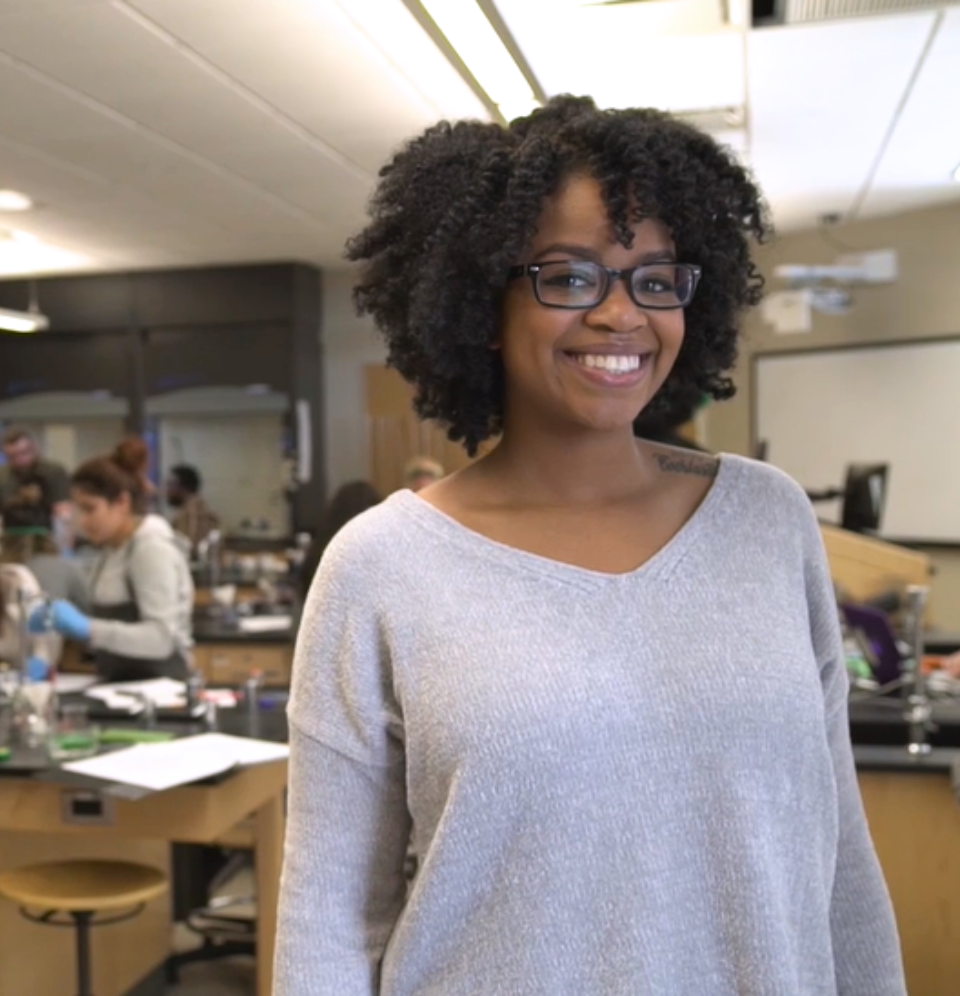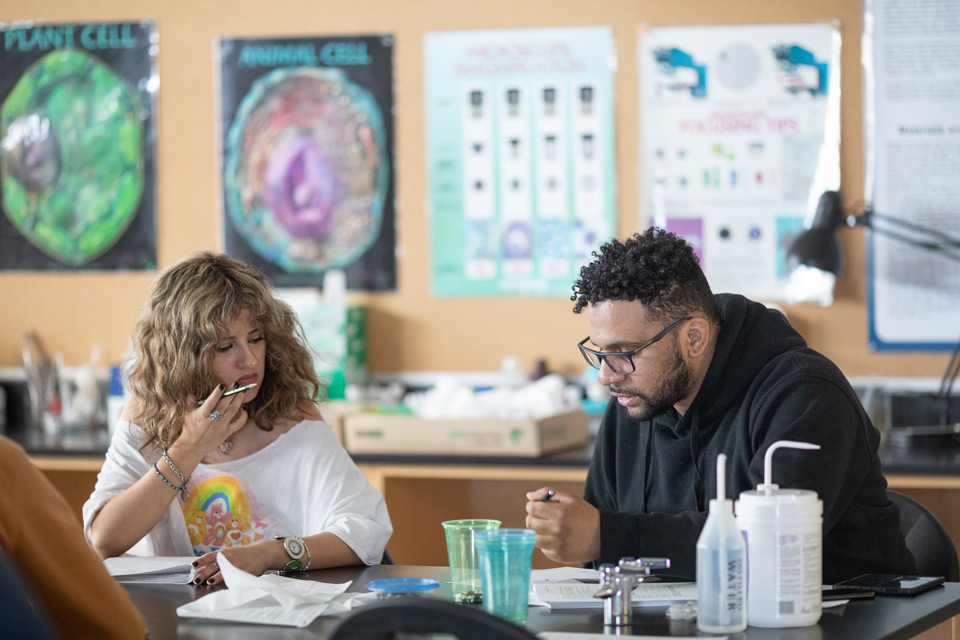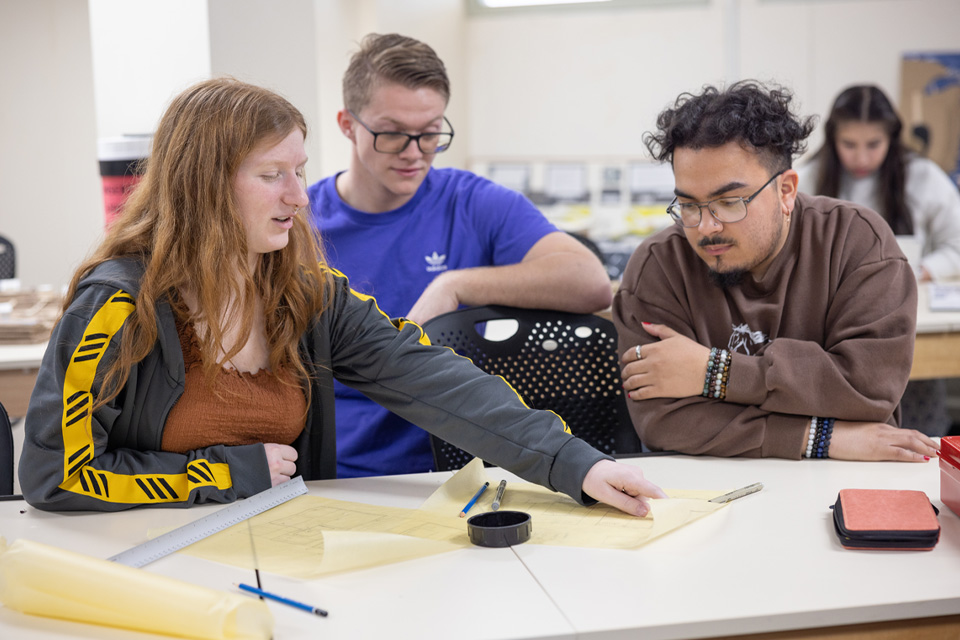Why NCC’s Biological Science Major?
Examine organisms under a microscope. Analyze the effects of an insect population in a local woodland. Dive deep into how a virus affects humans.
At Northampton Community College, you can jump-start your professional career (at a fraction of the cost of attending a four-year institution) with the Associate in Science in Biological Science degree. In this program, offered on both our Bethlehem and Pocono campuses, you learn by doing and prepare to transfer to a bachelor’s degree program in biology or a related field.
Study biology in small classes with professors invested in your success and engaged with your learning. As teachers, mentors and collaborators, our biological science faculty champion your success at NCC and beyond.
What You'll Learn in the Biological Science Program
Establish a solid foundation in biology and chemistry, along with courses frequently required in the first two years of college in areas like mathematics, arts and humanities, and social sciences.
Study in technologically equipped classrooms and Penn Hall labs, where you can engage in inquiry, complete real-world industry activities and strengthen your critical thinking across biological sciences and other disciplines.
Program Details
Semesters: 4
Credits: 63
College Catalog: View Curriculum
Program Map: Download PDF
Locations: Bethlehem | PoconoProgram Overview:
Prepare to transfer to a four-year institution to earn a degree in a field such as environmental science, genetics or molecular biology. Here, you can study biology, chemistry, organic chemistry and psychology and choose elective courses —with the help of a faculty advisor—to best prepare you for your target bachelor’s degree program.
Affordable Tuition and Generous Financial Aid
Get elbows-deep in biological science at a fraction of the cost of a four-year institution! NCC’s affordable tuition rates and generous financial aid and scholarship opportunities allow you to save thousands of dollars in your first two years of college, all while completing essential credits and learning vital skills for a degree in biology, chemistry or other sciences.
Transfer Potential
NCC’s biological science associate degree mirrors the first two years of study for most bachelor’s degrees in biology, and the skills you learn here are applicable in other sciences as well. From the very beginning, you can work alongside our transfer advising team to plan your course of study according to the requirements of your intended transfer school.
Our students go on to earn bachelor’s degrees at places like Cedar Crest College, East Stroudsburg University, Florida Institute of Technology, Kutztown University, Millersville University, Moravian College, Pennsylvania State University, Rochester Institute of Technology, Temple University, University of Colorado, West Chester University and many others nationwide.






